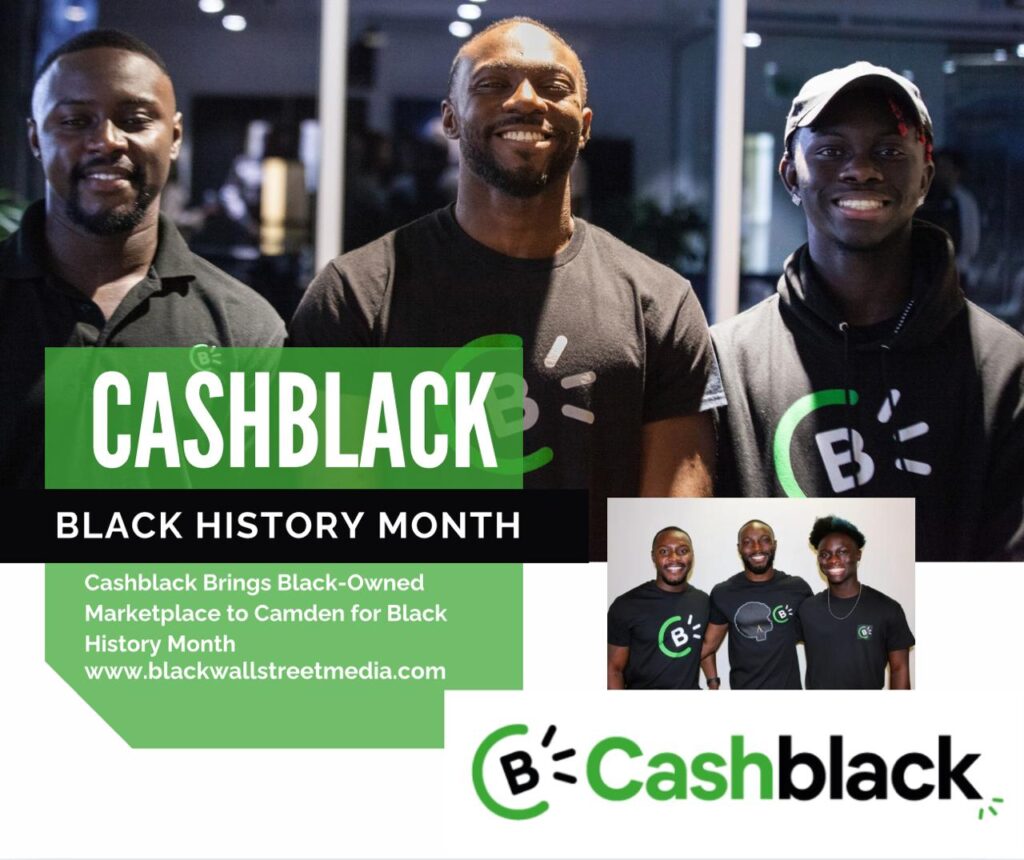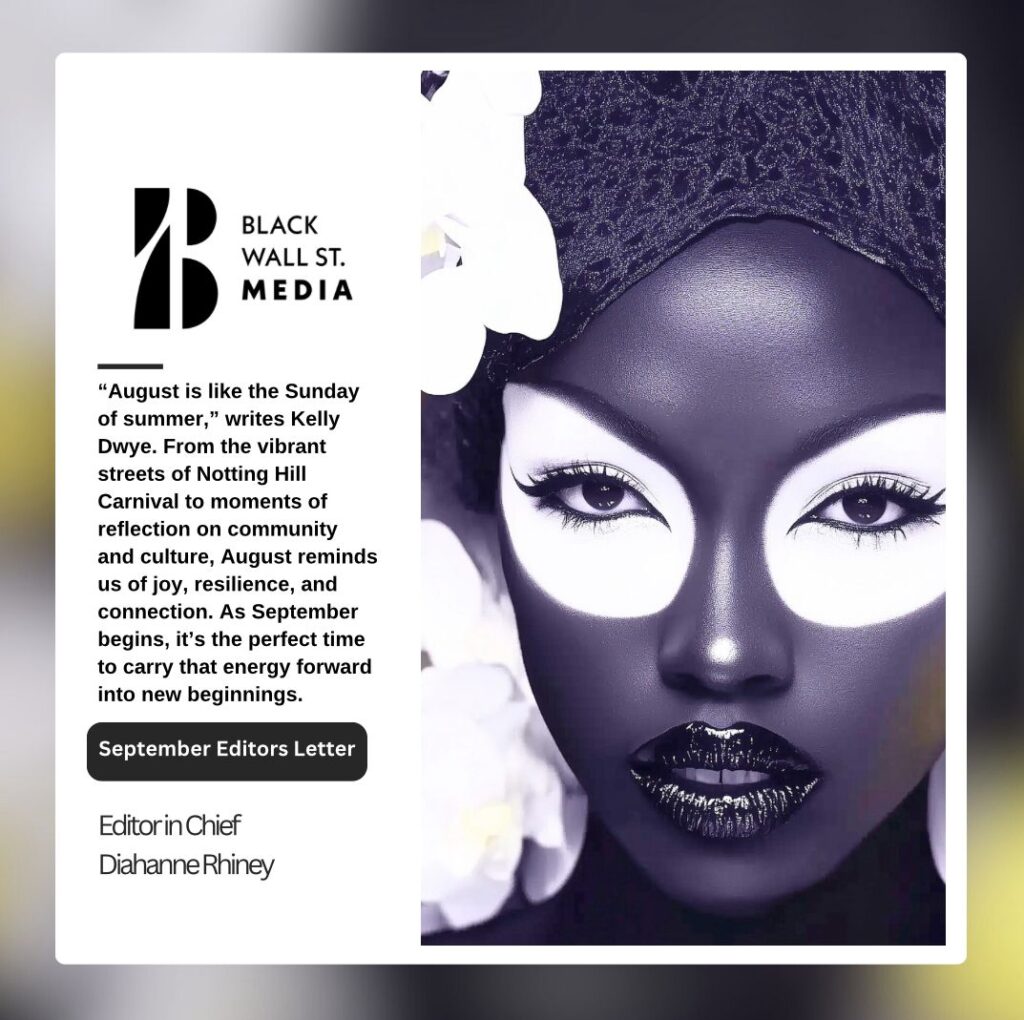Last week I did a post about the many firsts, and achievements I’ve experienced in my 40s and 50s. Things of which, when I was in my 20s and 30s, I would never have dreamed I would achieve. Well, this week I have one more to add to the list, which gives me an explanation as to why I am the way I am regarding certain things. That thing is dyslexia because this week I was diagnosed as having it.

I am currently doing another Masters, and doing it full time in one year, on top of running my business.
I have always found it challenging reading long academic text and then retaining the information, often forgetting what I’ve read a short time after.
When previously studying, I had never thought much about it. But I think the intensity of doing this programme in one year, on top of everything else, got me questioning things. This was even more so after one assignment on quantitative research methods that I found extremely challenging.
As someone who prefers qualitative research methods and the lived experiences of people over statistical analysis, retaining the information, data, and symbols regarding correlations, multiple regressions, etc was overwhelming. So, I asked to be assessed.
Whilst doing the assessment, it was very apparent that there were some issues with my short-term working memory, which did not come as a surprise to me. This explains why I can watch a good film on Netflix after searching for something to watch, then after watching it, not remember the name it.
I have been reflecting on it
Over the past few days since getting the diagnosis, I have been reflecting on what this means for me, and how dyslexia has shown up in my life over the past 55 years.
I now recognise that I have put compensatory measures in place to get me through different situations.
One thing which comes to mind is as a girl, when it came to tidying my bedroom, I would make it into a game I played by myself.
I would make small strips of paper and write on them the things in my bedroom that needed to be tidied, breaking it down as small as possible (e.g., shoes, bed, left side of the dressing table, right side of the dressing table, books, etc).
I would then fold the strips of paper up and put them in a bag.
A bit like a lucky dip, I would pull them out one at a time and tidy whatever I had pulled out. Once that item was tidied, I’d pull out another one, not knowing what was going to come out.
It made what was a dull task more exciting, as well as helped with the overwhelm of not knowing what to start on first.
Another childhood memory I recall is whilst at secondary school, being placed in the top maths set and asking to be moved down because I was struggling.
I was moved down without any questions being asked or attempt to help me resolve what it was that I was struggling with.
Having been moved down, I found it a bit too easy but did not let on.
My good friends were in that maths set, and it was more fun.
Now I understand why
There are many other instances which, when I look back at, I now understand why. People always think I am very well organised, but I am not. I’m just good at making it look that way.
My desk is often cluttered. I have 100s of screens open on my computer at a time (well maybe not quite one hundred). I have emails in my inbox going back a long time.
I rarely delete text messages or WhatsApp messages and have conversations in these formats that go back years.
I know some people would find this frustrating, but it works well for me.
I am a big picture person and don’t enjoy the finer detail. I am good at helping people who are stuck to come up with ideas and can see things from many different perspectives.
There are many other strengths that I have which are probably associated with being dyslexic.
Because of my mistaken understanding of dyslexia, I would never previously have thought that I had it.
I used to think that being dyslexic meant that words became jumbled whilst reading and spelling.
The reality is, whilst this is the case for some, it is not the case for all, and everyone’s experience is different.
I loved reading and writing stories as a child. I relished going to the library, selecting books, then going home and immersing myself in them. I never had any problems with spelling and writing either.
Although, my handwriting (if writing quickly) can be illegible, even to myself.
I prefer the term learning difference to learning difficulty
Dyslexia is described as being a Specific Learning Difficulty. However, I don’t like the term learning difficulty because I don’t see it as that. I prefer the term learning difference, as that is how I see it. I may have a way of learning that is different to the majority, which is all part of the uniqueness of what makes me who I am.
I have had mixed responses on sharing my news.
Some people have expressed that they are sorry to hear. Some have congratulated and praised me for all my successes and achievements, despite being dyslexic and not knowing that I was.
To those who have expressed that they are sorry, I’ve told them they do not need to be because I am pleased about it. It gives me an explanation as to why I am the way that I am.
Having shared my experience, I have had a few people tell me that they can relate to it. This has got them wondering whether they too could be dyslexic, and I suspect there are many others with it who have not been diagnosed.
There is so much more for me to learn and understand about dyslexia, and as I uncover this learning, no doubt I will learn more about myself. However, I can confidently say that I am dyslexic and proud, just like I can say I that am Black and proud, and that I am introverted and proud. Something I wouldn’t have had the confidence to openly declare in my 20s and 30s.
If you have been diagnosed as having dyslexia as an adult, what has your experience been like? What have you learnt about yourself? I would love to know so please share below.








